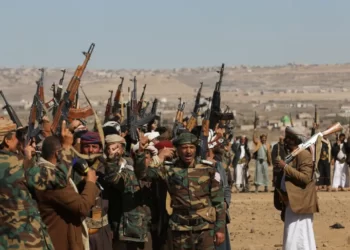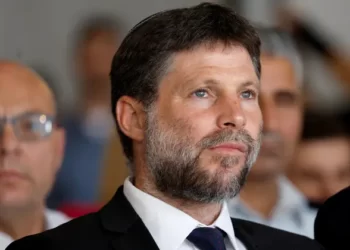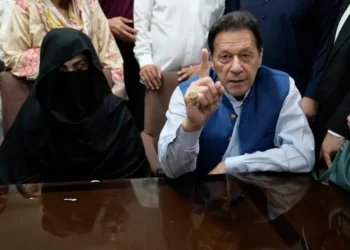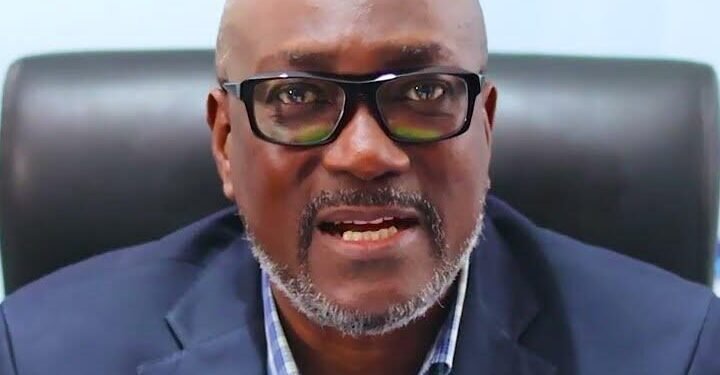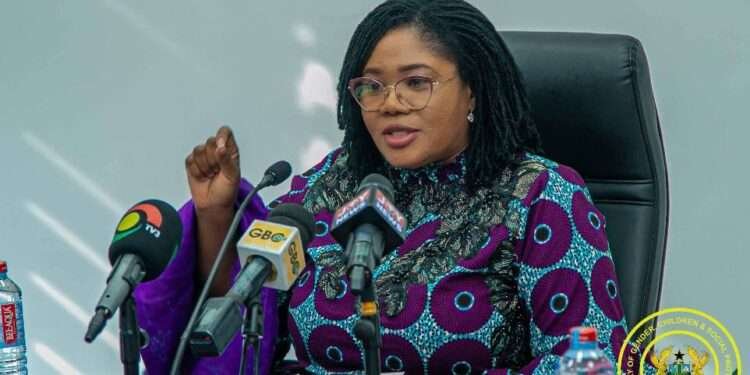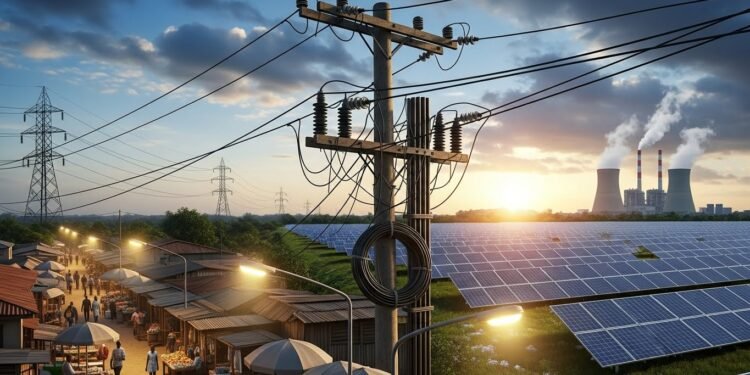Voting is currently underway in Iran. Voters are casting ballots to pick the successor to President Ebrahim Raisi who died in a helicopter crash earlier this year.
Voting was supposed to end at 6pm in Iran but more hours have been added by Iran’s election commission.
As such, Polls will stay open till 10pm local time (18:30 GMT).
A total of 61,452,321 people are eligible to vote inside and outside the country.
The contesting candidates are Parliament Speaker Mohammad Bagher Ghalibaf, Lawmaker Masoud Pezeshkian, Senior security official Saeed Jalili and Security official Mostafa Pourmohammadi.
Tehran Mayor Alireza Zakani and Government official Amir-Hossein Ghazizadeh Hashemi withdrew from the race.
The state of the economy is one of the key issue on voters’ minds as they head out to cast their ballots.
Successive governments have failed to tackle currency depreciation and inflation, blaming the economic crisis on international sanctions imposed over the country’s nuclear development programme.
According to the latest poll by the research centre of the parliament, projected turnout has been slowly rising in the past few days, but still stands at 48.6 percent, which would mark a new low.
Pezeshkian is projected to finish top with close to 30 percent, with Jalili and Ghalibaf trailing with 18.8 and 16.8 percent respectively.
Pourmohammadi remains at the bottom with six percent.
The research centre reported that close to 24 percent of voters are still on the fence, so they will have the power to swing the vote.
After casting his ballot, Iran’s Supreme Leader, Ayatollah Ali Khamenei called for a high voter turnout.
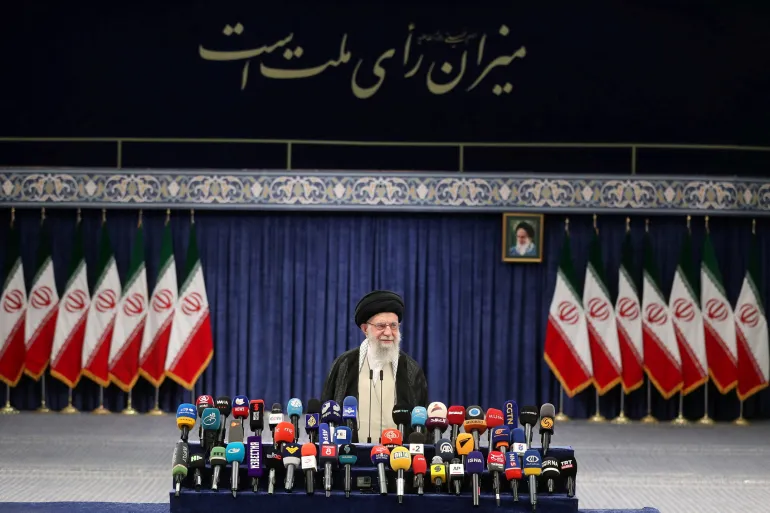
Speaking to the media, Khamenei said that election day for Iranians is a day of joy and happiness, especially when the election “is for choosing the President who will shape the country’s future for the next few years.”
“However, I believe there is an important issue alongside this, and that is the enthusiastic participation of the people and an increase in voter turnout,” he stated.
He asserted that the continuation of the Islamic Republic, the strength of the Islamic Republic, the dignity of the Islamic Republic, and the honor of the Islamic Republic in the world depend on the participation of the people.
“This is the reason we recommend our beloved people take the issue of voting and participating in this important political test seriously. As for what you mentioned about some people being hesitant, I see no reason for hesitation. This is an easy task that will yield important results.
“Why should a person hesitate to do something that costs nothing, is not difficult, has no material cost, doesn’t take much time, has no pressures involved, but has numerous benefits?”
Ayatollah Ali Khamenei
Furthermore, Khamenei noted that the participation of the people is necessary and obligatory in order to demonstrate the validity and honesty of the system of the Islamic Republic.
“I hope, God willing, that Almighty God will ordain the best, most beneficial choice for this country,” Khamenei added.
High Voter Turnout; Iran’s Main Problem
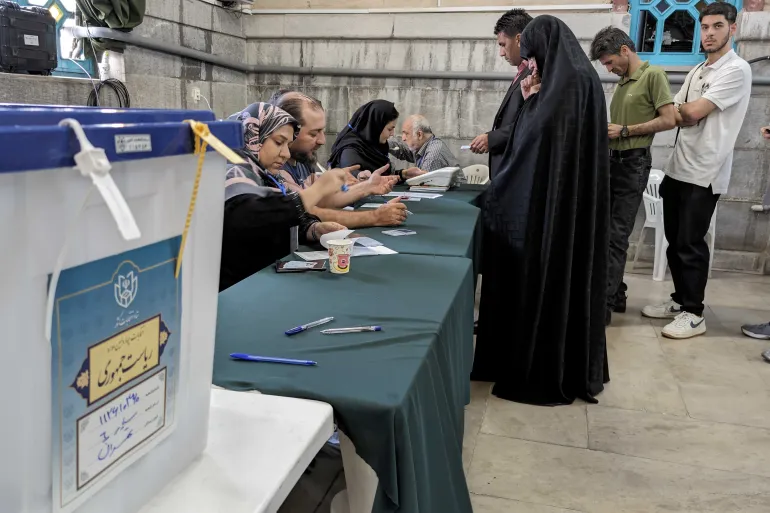
Sami Nader of the Levant Institute for Strategic Affairs opined that Iran’s main challenge is getting a high voter turnout.
“Turnout isn’t expected to meet international standards. Maybe because a large share of the Iranian population has lost trust in the system that is in place, Nader said.
“Because for the last 40 years, despite elections that brought in a new elite in power, they fell short of changing anything that pertains to the general policy,” Nader noted.
Nader added that at the end of the day, the one that makes the real decision is the person that is at the head of the pyramid – which is the Supreme leader who is taking finally the whole decision, “relying on the Republican Guards that are the main instrument controlling the system.”
Parliamentary elections in March saw a turnout of about 41 percent, following another record low in the last presidential election in 2021, which was only 48.8 percent.
READ ALSO: Sunak Denounces Racial Slur by Reform UK Canvasser





